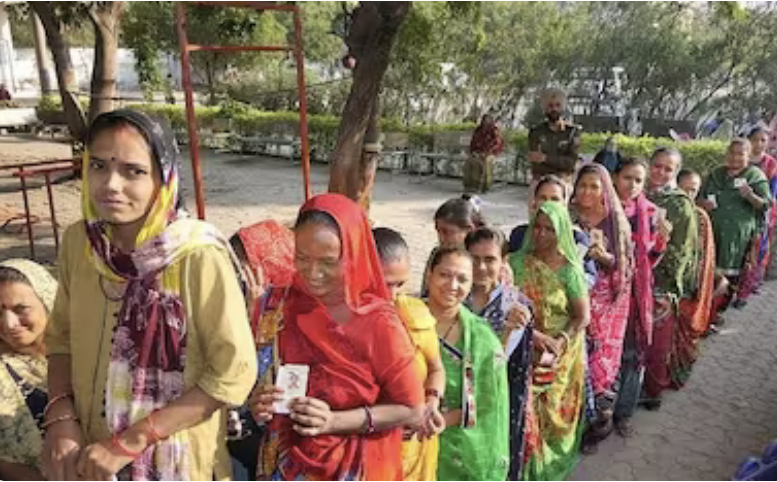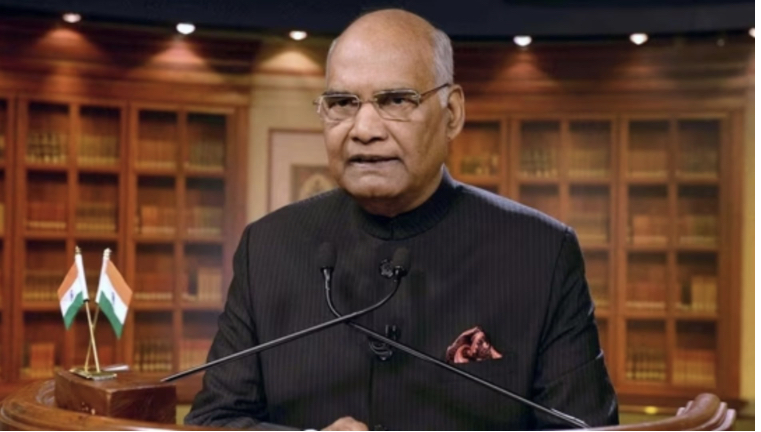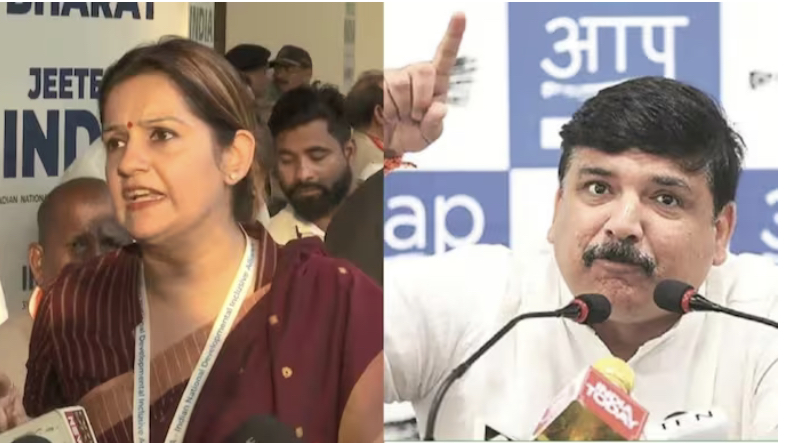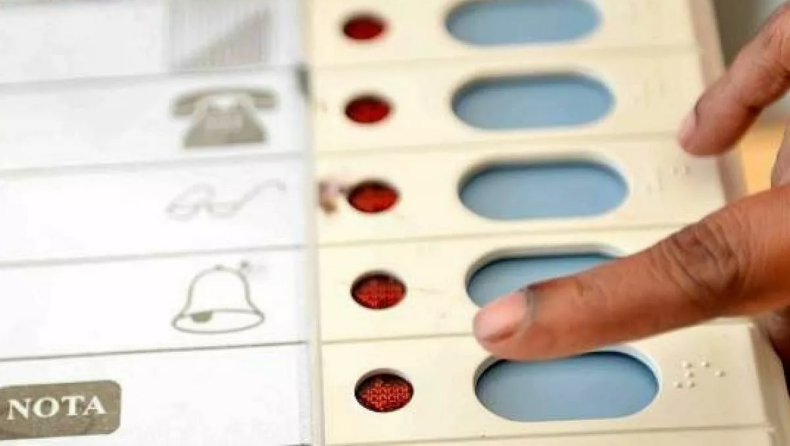The Government of India has formed a committee to study the possibility of a One Nation One election. The panel is to be headed by the former president of India Ram Nath Kovind.
What is the One Nation One election?
One Nation One election is a concept that aims to coordinate both Lok Sabha and state assembly elections.
In simple language, it involves holding of both Lok Sabha and state assembly elections simultaneously in a single day or in a particular time frame.

Image credit:- Business Standard
The central government has recently constituted a committee to study the possibility of “one nation, one election” according to PTI.
For many years, PM Modi has been strongly advocating for this option of holding both Lok Sabha and state assembly elections simultaneously.
Read More: ONE NATION ONE ELECTION: THE PROS AND CONS
Constituting this committee on this topic comes in light of many political events that can cause major changes in the political arena of this country
Such as the special parliamentary session from September 18-22 whose agenda isn’t revealed yet, 5 aforementioned state elections in the month of November-December, and the Lok Sabha election in 2024 during the month of May-June.

Image credit:- PTI
The decision of the government to appoint an ex-president to head this panel hints towards the government’s seriousness with regard to this option.
Advantages & Disadvantages of this move?
The main advantages cited by its proponents include the following
- This will lead to a decrease in the cost of elections as this holding democratic process generates higher expenses as seen in the 2019 general election whose expenditure stands at ₹ 10,000 crore according to the Centre for Media Studies, Election Commission.
- Simultaneous polls help in saving time & money and will prevent governments from being in election mood for the whole year and focus more on governance.
- With coordinated elections, the pressure will lessen on administrative and security officers who are always engaged in election duties.
4. However according to a Times of India report, in the parliamentary system, a majority is required of the political party to form the government, which might lead to the same cycle of staggered elections.
5. But the law commission has proposed a solution for this problem. If a no-confidence motion is passed against the ruling government, then a confidence motion should be conducted making sure that a regime cannot be easily removed if the opposition doesn’t have the numbers to form the alternative government.
But the disadvantages cited by its opposers say the following
- As reported by the Times of India, simultaneous elections will come with disadvantages. The cost of EVMs would be ₹ 4500 crore if simultaneous elections were held in 2019.
- With EVMs having a 15-year lifespan, every EVM will be used three times before it is replaced under one nation one election system.
- Five articles of the constitution and provisions of the Representation of People’s Act 1951 had to be amended. Thus for this constitutional change, consensus of both regional and national parties is needed.
- The center has the power to dismiss state governments with the help of Article 356. There is no need for simultaneous elections for now.
- Voters might give importance to national issues rather than regional ones. Thus potentially marginalizing the regional parties. Leading to unlimited power in one person’s hands due to a particular wave.
Reaction of Political Parties

Image credit:- India Today
Shiv Sena leader from the Uddhav Sena faction Priyanka Chaturvedi has asked how can the central government introduce the One Nation One election bill without taking the election commission, chief ministers of states, security officials, and the opposition into account.
She also said that if the central government introduces the bill during the aforementioned special parliamentary session, all opposition parties will oppose it.
Leader of AAP (Aam Aadmi Party) Sanjay Singh said that BJP is afraid of the opposition alliance (INDIA), that is why the government is planning to introduce this bill.
General Secretary of the communist party of India D Raja that the BJP has an obsession with this bill and is worried about the opposition unity.
While according to Gujarat BJP President C.R. Patil supports the decision. Saying it will streamline the electoral process and save resources.












